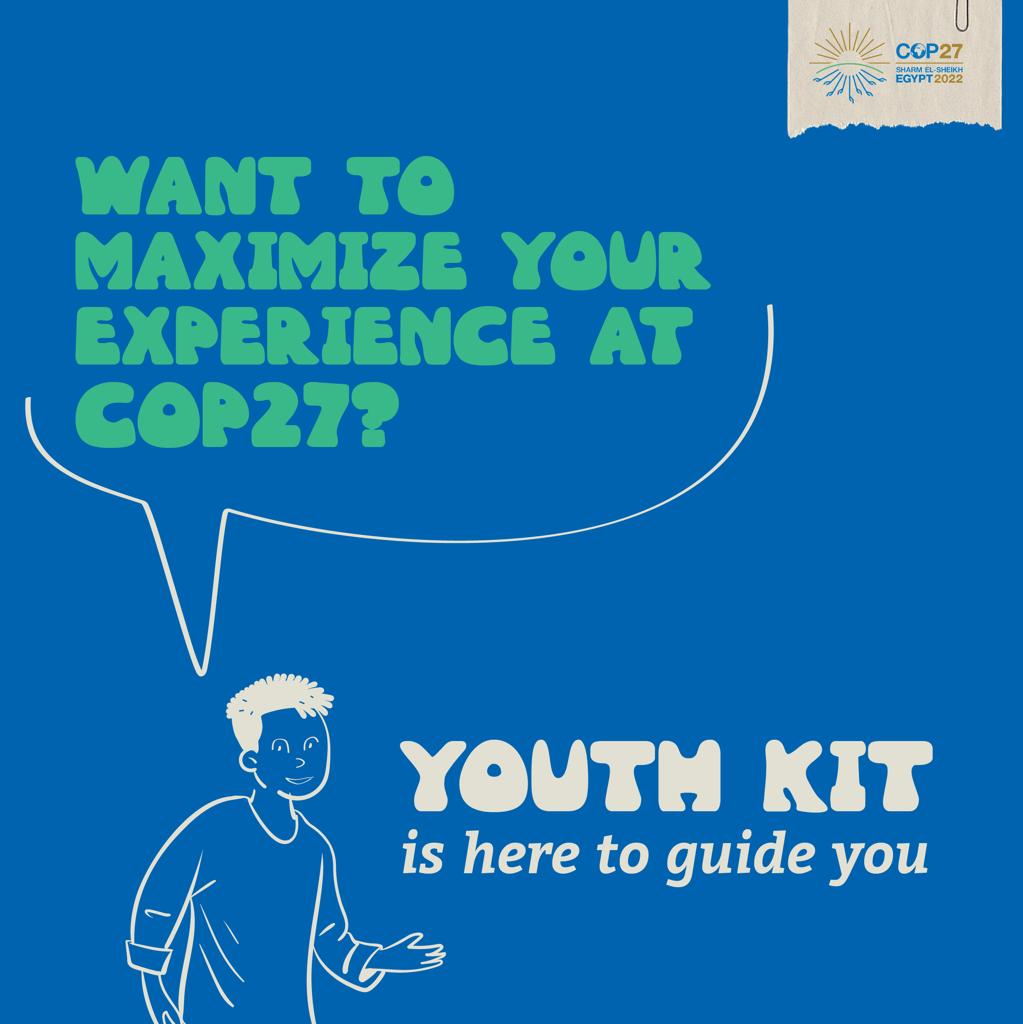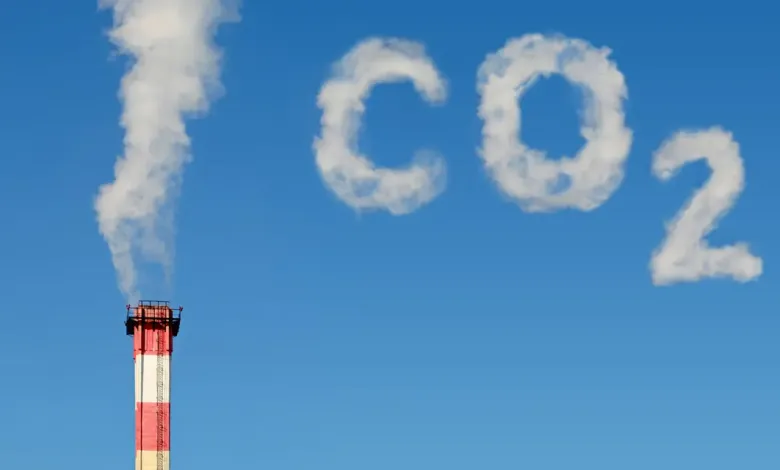When it comes to enhancing the sustainability of plastic beverage bottles, consumers are willing to pay a premium for bio-similar alternatives – even more so when the alternative is visually distinctive.
This follows research conducted by Ph.D. candidate Maria Zwicker as part of the RIBIPOL project, where a new rigid bio-based polyester is being developed for potential large-scale applications, such as beverage bottles.
The findings of the study were published in the January issue of the Journal of Sustainable Production and Consumption.
In order to create a sustainable transition in plastics
Maria Zwicker’s research is supervised by Professor Frink van Hareveld and Dr Cameron Breck, from the Social Psychology Research Group (School of Social and Behavioral Sciences) and Professor Geert-Jan Grotter from the Industrial Sustainable Chemistry Research Group (van R. Hof Institute for Molecular Sciences, School of Science University of Amsterdam), and is part of an ongoing collaboration between the two groups motivated by the fact that there is more to creating a sustainable transition in plastics than simply developing alternatives to traditional fossil-based products.
“Consumers’ use of these alternatives is determined not only by the characteristics of the product and the technical brand, but also by psychological factors,” Zwicker says, which include, for example, the feelings evoked by the product, or the perceived social base regarding purchase and use of the product. .”
When it comes to bio-based products, there is only limited literature on such factors, says the researcher. On the one hand, consumers seem to be positive about bioplastics and willing to pay more for it, and on the other hand, mixed feelings or Negative, and consumers have misconceptions about these materials, this may be due to lack of knowledge or pessimistic attitude towards the plastics industry.
Clear preference for biology
In her research, Zwicker investigated the preferences of three types of plastic bottles: a conventional fossil-fuel-based bottle, PET plastic, an optically identical bio-based bottle, PEF plastic, and a bio-based bottle optically distinct with a paper outer layer, PEF paper.
Preferences showed that people clearly preferred bio-based bottles over conventional bottles. The preference was strongest for a bottle that could be identified as bio-based. Test subjects were willing to pay up to 40% more for bio-based bottles.
Due to the COVID-19 pandemic, it was not possible to conduct a field or laboratory study to allow participants to handle actual bottles. Zwick conducted an online survey among 529 participants instead, creating a realistic and immersive purchase choice situation, as is commonly found in research. psychological about decision making.
“The results, then, are more a reflection of attitudes and intentions than of actual behavior,” she says, “but the high willingness of consumers to pay a reward for a bio-based product clearly indicates that there is a demand for these alternatives.”
Individual choice is influenced by other people
Zwicker also investigated the extent to which individual choice is influenced by other people witnessing the choice. There was no clear relationship, so the social norm did not appear to be relevant in this study.
The results indicate to companies, that there is consumer demand for sustainable products, and that there may be a positive business trend for more sustainable bioplastic products.
Sustainable selection is literally more realistic
For Professor Harrifield, he explained, it is remarkable that the preference for a bio-alternative is stronger when a product is visually distinctive, “it suggests that when a sustainable choice is literally more concrete, it is psychologically closer to people and feels more meaningful.”
Professor Grueter believes the findings are very valuable as they provide insight into the future market for sustainable plastics. “The transformation of plastics is not just a technological transformation.
A better understanding of consumers’ purchasing motivations is crucial, especially at an early stage when sustainable alternatives are still relatively expensive.”












